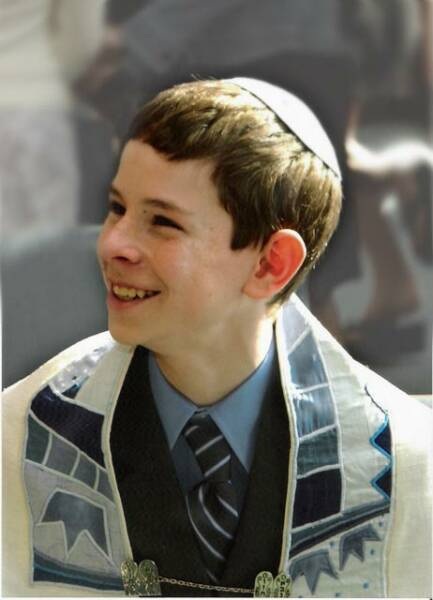
It is the day of Tiferet within Gevurah, balance within discipline. On this day, I am thinking about finding peace within myself as I do the work of becoming the person I want to be. I reflect on how this week’s Torah portion (Kedoshim) calls us to be holy just by being our best selves and doing ordinary acts of compassion and ethical living.
I realize that there is a paradox in all my efforts toward self-improvement. The more I struggle to be something other than myself, the more I discover the futility of the effort. I can only be who I am.
Just like a person working toward a yoga pose, I find that it is only possible to achieve my personal goals when I release myself from the idea that it should be a “struggle." The most authentic way to live my life – my most authentic pose – happens when I just allow my best self to emerge from my reality. Trying to force an identity, or a pose, that is not grounded in the truth about myself can only be self-defeating.
On this tenth day of the Counting of the Omer, I make a commitment to be aware of my reality – who I am, where I am, and what I am capable of doing – as I strive to govern my life and reach toward my potential. I think about the peace that comes with self-acceptance, the inner strength that comes with knowing that I am sufficient being who I am. I also try to be aware that the same is true for everyone else around me. All the people I encounter today are the same as I am – beings who are sufficient and miraculous, trying their best to be themselves.
We read in the Torah this week that the commandment, “You shall be holy” (Leviticus 19:2), does not require superhuman acts of piety and sanctity. Rather, it just means doing the things that are within all of us: honoring our parents, caring for the needy, respecting other people’s needs, being fair and honest, and treating the stranger with kindness. Being holy just means being yourself.
May you be blessed this day in find your own best self by being who you are.
For the introduction to the Counting of the Omer, click on this link:
The First Day of the Counting of the Omer


 RSS Feed
RSS Feed
